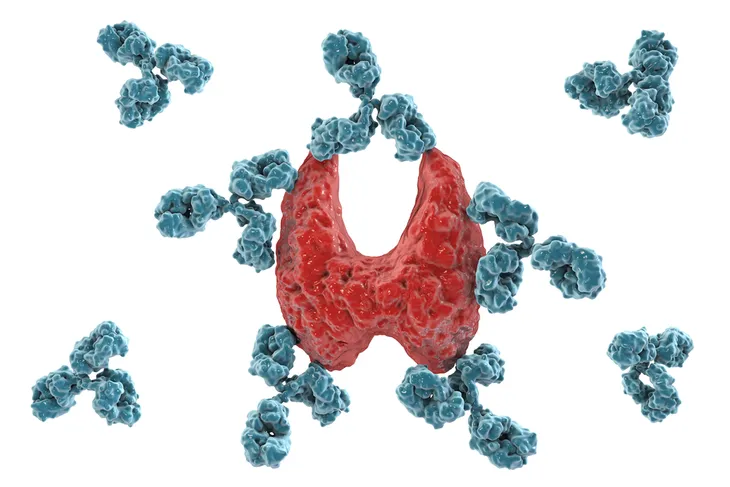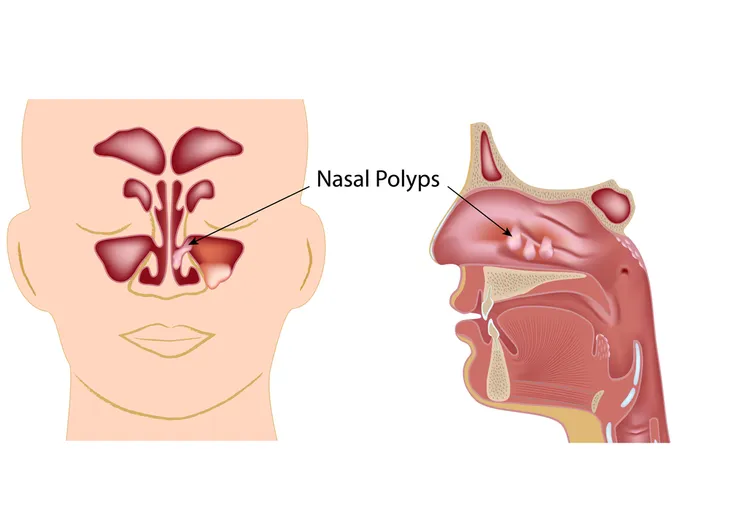I’ve been dealing with severe nasal congestion for the past 8-months. It started as spring allergies and developed into a sinus infection, which my doctor treated with antibiotics. However, although the nasal pain and inflammation seemed to clear up thanks to my prescription, I’ve been plagued by sneezing, a runny nose, and slight congestion (akin to allergies) ever since.
Many of us continue to feel congested without having the flu, or allergies to the most common irritants (i.e., pet dander and pollen). Here are six stuffy reasons why you’re still chronically congested…
Rebound Congestion
Did you employ a decongestant spray the last time you felt congested? While your doctor may have even recommended picking one up from the pharmacy, using over-the-counter nasal sprays for more than the required time can result in rebound congestion.
Rebound congestion occurs when you become dependent, yes, even addicted, to your nasal spray. Typically, over the counter sprays recommend ceasing use after 3 days time because overuse can leave you reliant on that spritz. Rebound congestion can be kicked—you just have to break the cycle cold turkey. Your doctor may also prescribe steroid medications to help you shake the nasal decongestant dragon.
Hypothyroidism
Underactive thyroid, or hypothyroidism, occurs in individuals whose bodies don’t generate adequate thyroid-stimulating hormone (or TSH) often suffer with congestion, post-nasal drip, chronic rhinitis, and recurring sinus infections.
According to research from the University of Maryland Medical Center, congestion also occurs with other telltale symptoms—such as dry skin, chills, loss of energy, constipation, thinning hair, and migraines. However, once hypothyroidism is diagnosed and treated with synthetic hormone meds (i.e., Synthroid) congestion typically clears quickly.
You’re Expecting
Considering all of the telltale signs of pregnancy—including nausea, morning sickness, food cravings, and swollen ankles—you may not expect a stuffy nose. However, Pregnancy.org notes that pregnancy can cause the membranes in your nose to swell early on, causing congestion, sneezing, and even nose bleeds…even if you’re perfectly healthy.
Known as pregnancy rhinitis, a surge in progesterone and estrogen hormones can lead to nasal swelling, congestions sniffles, sneezes, and post-nasal drip. Placing a humidifier in the room where you sleep can help alleviate the stuffiness.
Nasal Polyps
The word “polyp” may cause a sudden panic, but these soft, painless, non-cancerous tear-dropped shaped growths can develop along the lining of the sinuses and at the opening of the nasal cavities, blocking airways.
According to research from the National Institutes of Health, nasal polyps are a nuisance that can diminish smell and taste, and make you feel chronically congested. These polyps are most common in patients with asthma, allergies, and recurrent sinus infections.
Bacterial Sinus Infection
Are you plagued by a stuffy nose, sinus pain, fever, and colored nasal discharge? Then you may have a bacterial sinus infection on your hands. Unlike a viral type cold, bacterial sinus infections are difficult to shake and lots of chicken soup and bed rest won’t do the trick on its own.
If you have congestion that’s been dragging on and on for longer than a few weeks—or a cold that keeps getting worse—make an appointment to see your family physician. Sinus infections can be successfully treated with antibiotics.
Environmental Irritants
Aside from the most common allergens—like pets and pollen—other irritants are present in the environment that can cause you to feel chronically congested. According to allergists at the University of Louisville, environmental irritants can quickly lead to nasal inflammation and non-allergic rhinitis.
For instance, vasomotor rhinitis results from irritants like temperature variations, perfumes, dry air, and even cigarette smoke. Your best bet is to get tested for allergies, and if the test is negative, just avoid environmental irritants as much as possible.









